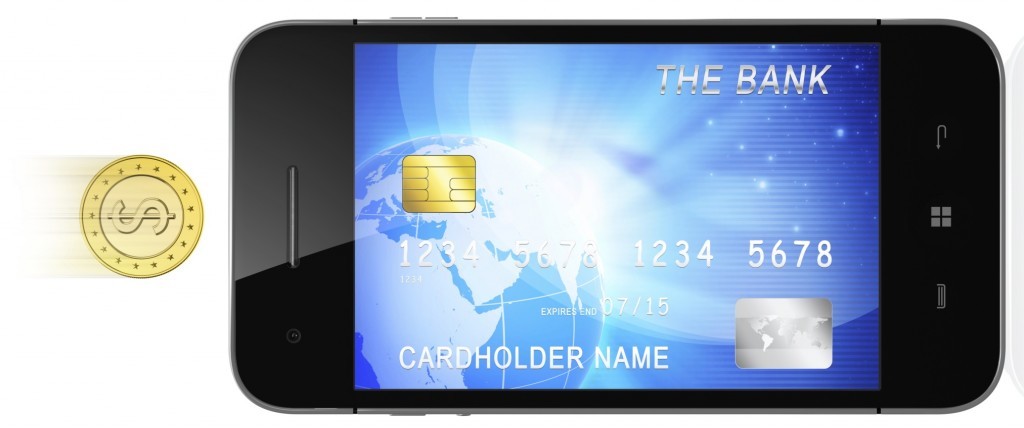
If I could make one change that would reap potential benefits, it would be to eliminate cash from society. Sounds radical and almost certainly impractical, but let me try and explain.
Since the days of the barter economy, money has been a way of translating and storing value. It has been essential for economic development, trade and commerce. And, it still is.
But, money now exists in two forms – hard cash and electronic credit (three forms if you consider Bitcoin to be a form of online hard cash).
When I travel on business, I used to ensure that I had bought local currency ahead of the trip. This is often no longer necessary as hotels, restaurants, shops and taxis all accept credit cards. Many places nowadays accept contactless payment from cards, cell phones, and, in the near future, wrist watches. So, the need for physical bills and coins is reducing. In some countries, the ability to transfer money between cell phones has opened up countless new business opportunities.
In the middle ages, people in rural communities would trade their produce and goods for money. Everyone in a community knew where people got their money, and anyone with too much to spend would immediately raise suspicion and be held accountable. Money was, in effect, traceable.
As society has grown in complexity, that traceability has been lost, which opens up all sorts of new business opportunities such as fraud, robbery, illegal trading, tax evasion, extortion, etc.
But, electronic money is, in effect, traceable. If we suspect someone has money in their bank account from ill-gotten gains, we (society) can check how it got there.
Today when you buy something, you might get charged for using a credit card to reflect the cost of processing the transaction and fees payable to the card company. What if we reversed this?
What if we made it cheaper to use electronic money and more expensive to use cash, charging a premium for the inconvenience of handling, storing and banking cash, as well as the risk exposure by having it about?
In time, the use of cash would diminish further. Many outlets would stop handling it, and, eventually, it would become unnecessary, and we could make it obsolete.
If every transaction was traceable, if we could follow the path of every coin at all times, it would have some unintended side effects such as below:
· No fraud at cash machines (ATMs) because there would be no ATMs
· Fewer robberies – cash is what robbers want; they either steal it directly or steal goods to sell for cash
· Less trade in stolen goods – maybe a return to a barter economy amongst thieves?
· No black market or cash-in-hand transactions – no avoidance of transaction or sales taxes
· No one could shirk their tax responsibilities as all their income and expenditures would be “visible”
If you are in the business of dealing in dodgy goods or robbery or paying for things in cash to avoid transaction taxes, this probably sounds nightmarish. But, for the rest of us, it could create huge benefits.
Governments would have billions of extra tax dollars, so they could, in theory, invest in key projects and reduce tax rates for the honest tax payers.
Of course, this would only work if everyone had access to online transactions. The person begging on the street corner might need to accept contactless donations, or perhaps the money recovered from the black market and tax evasion would mean no one need be homeless. There would be huge technical challenges and lots of concerns on privacy, etc.
Worth a thought though. I am sure some clever economist will point out the fatal flaw in my thinking…
Originally from Jedburgh in the Scottish Borders, Bob now lives in Aberdeen and is married with three children. He’s worked in the oil and gas industry for 26 years, having graduated with a Master of Engineering degree from Heriot-Watt University and is a chartered engineer. He’s worked offshore, in maintenance as well as operations and asset management, spending many years working for oil & gas operators. In November 2012, he became CEO of Wood Group. His vision is to build on the company’s success, combining our collective strengths to become a world-class company built on the solid foundation of seven Core Values. His company’s core values are more than just words. They are real and memorable; Bob and his team use them as a key decision-making tool and they are communicated and reinforced regularly.
In addition to his engineering background, Bob has also been involved in a number of cross-industry organisations and projects. He served as chairman of the Offshore Contracting Association (OCA) and the cross-industry trade body Oil and Gas UK. He sat on ‘Pilot’ – the industry-government steering group, was a member of the UK cross-industry Step Change in Safety Leadership Team and led the UK Helicopter Task Group formed in 2009 to accelerate safety improvements in air safety.
For more content from Bob click here.
